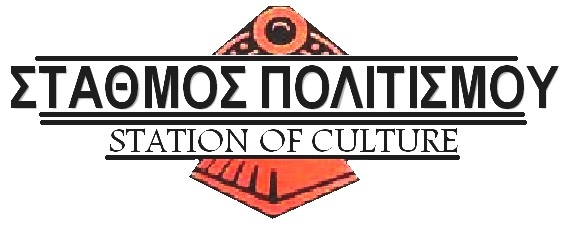In an era marked by climate change and other environmental problems, safeguarding the environment and combating global warming is presenting a raft of practical challenges to businesses, governments and the general public.
With challenges, however, also come solutions.
In keeping with a long-standing commitment to both environmental and social responsibility, Piraeus Bank, one of Greece's leading financial institutions, has launched an ambitious, 3-year initiative in an effort to meet those challenges — the "GREENbanking4Life" project.
Supported by the European Commission's LIFE ENVIRONMENT financial instrument, GREENbanking4Life will implement a range of actions designed not only to reduce the Bank's ecological footprint and improve energy performance, but also to improve recycling and bring innovative "green banking" opportunities to its corporate and individual clients.
The Ecological Recycling Society, a Greek NGO, is partnering with Piraeus Bank in this project.
The initiative also marks a "first" for the EU, in that it is the first time that the LIFE ENVIRONMENT financial instrument has supported a bank in implementing its environmental policy.
"GREENbanking4Life recognises that all have impacts upon the environment — businesses and private individuals alike," says Mr. Vrassidas Zavras, Head of Piraeus Bank's Environmental Department. "Banks are no exception."
The expected results of GREENbanking4Life include:
- Reduction in carbon dioxide (CO2) emissions by improving energy performance of the Bank's facilities, installation of photovoltaic solar systems and management of business trips.
- Development of an integrated system for measuring and evaluating environmental impacts.
- Compilation of best practice guides for managing environmental impacts.
- Recycling of paper, ink cartridges, plastic bottles, electronic equipment, etc.
- Water saving in the Bank's branches located in areas facing water shortages.
- Procurement of goods that are environmentally friendly (recycled and chlorine-free paper, non-toxic cleaning products, etc.).
- Designing and launching green banking products that promote environmentally friendly investments, and encourage businesses and private individuals to invest in renewable sources of energy.
- Development and strengthening of green markets and green investments in Greece.
- Educating and motivating the personnel to transfer expertise to clients, especially SMEs, and to the general public.
Among specific targets, the Bank has committed itself to achieving recycling targets of 70% in its disposed paper, 50% of PET plastics and 70% of toners and ink cartridges. It also aims to reduce water consumption overall by 30%, and to achieve an overall reduction in transport of 5%. Additionally, it intends that 80% of its cleaning products be eco-labelled, and for 80% of all A4 paper it uses to be recycled and chlorine free.
As part of the GREENbanking4Life project, this summer the Bank delivered for recycling 34 tonnes of disused electronic equipment, mostly computers, printers, scanners and servers. This action alone has had a significant positive impact on the environment. It has spared dumping sites of 11.3 tonnes of aluminium, 8.5 tonnes of glass, 7.8 tonnes of plastic, 2.2 tonnes of lead, 15.1 kilos of heavy metals and other toxic waste.
GREENbanking4Life is also deploying renewable energy systems in some of the Bank's branches, and more specifically Building Integrated Photovoltaic (BIPV) systems will be installed in four branches in Greece. It is expected that these installations will be completed and switched on during the summer of 2008.


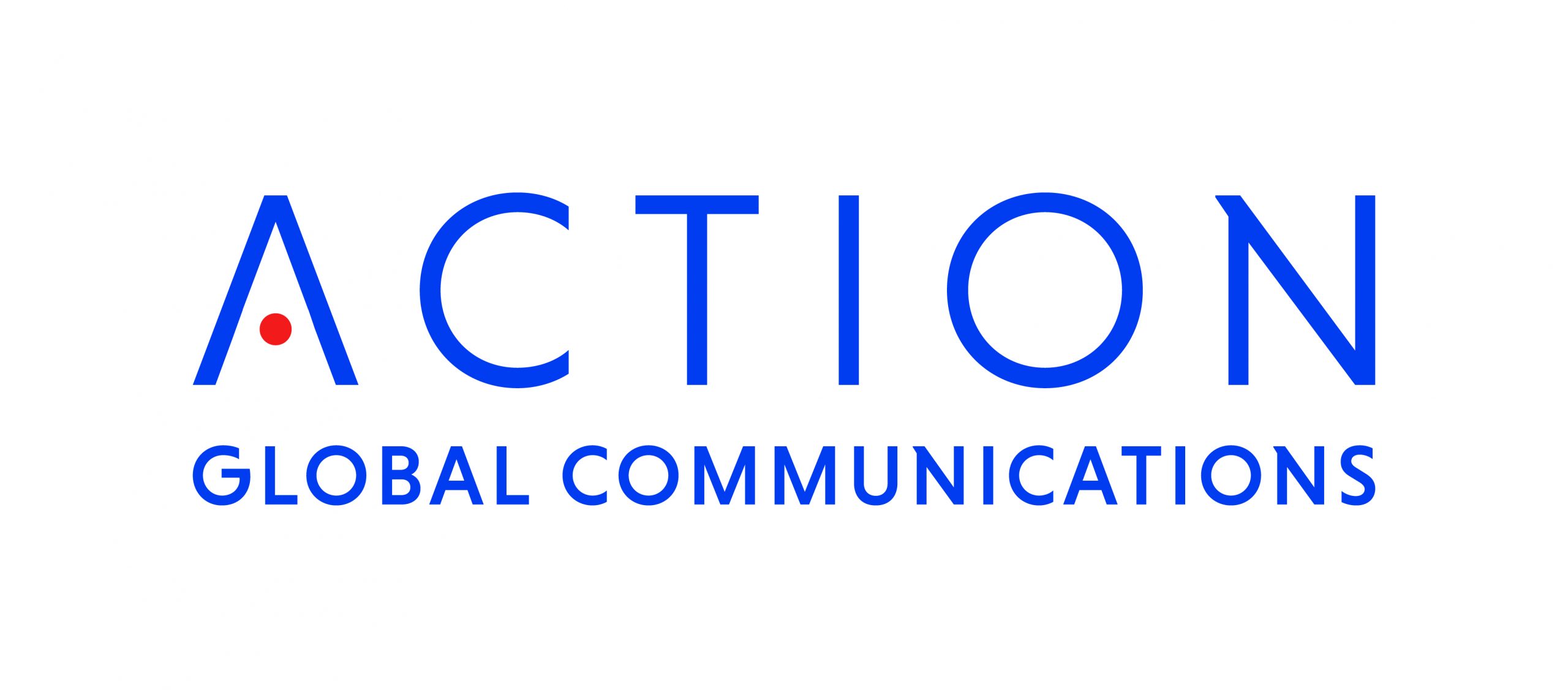











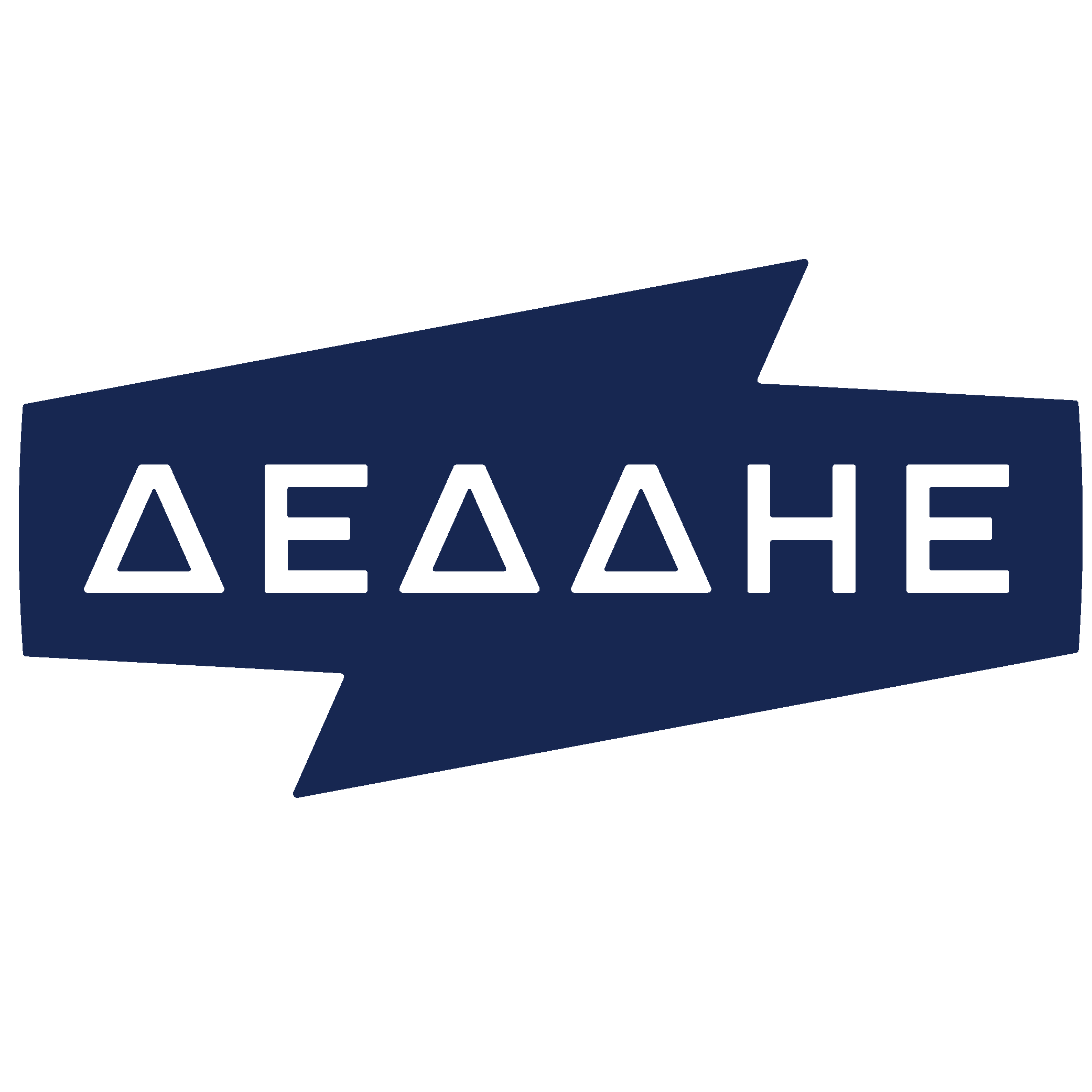
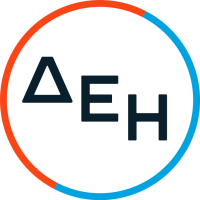





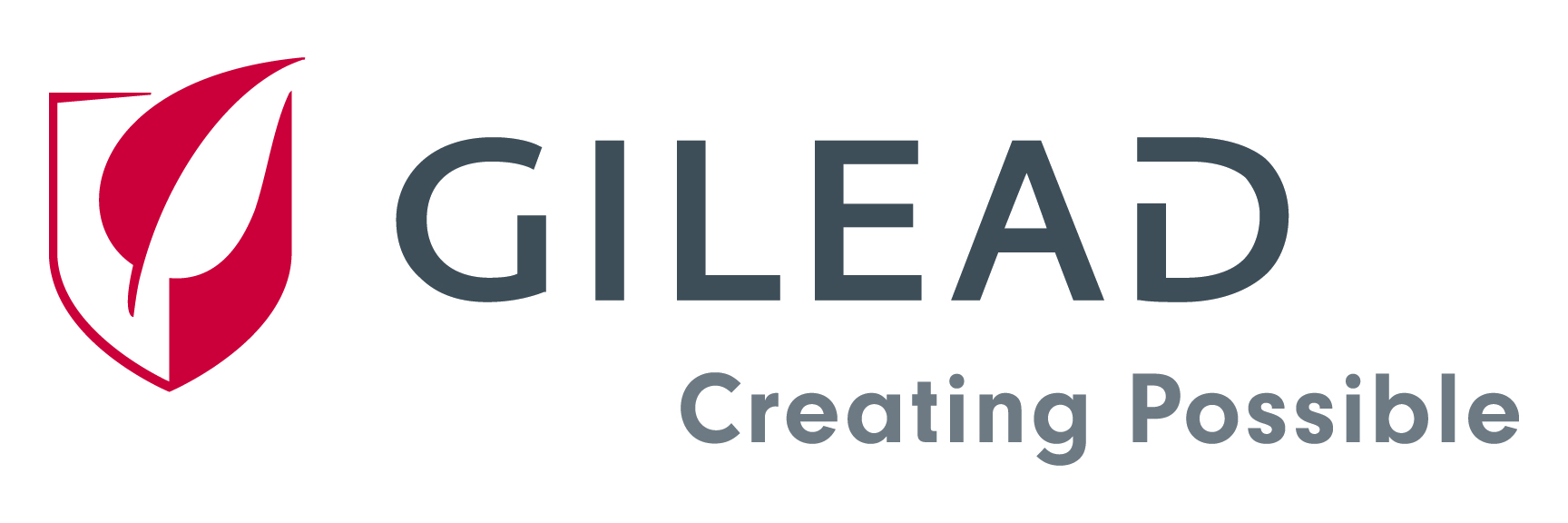



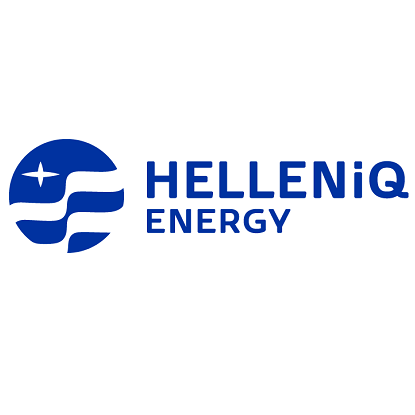

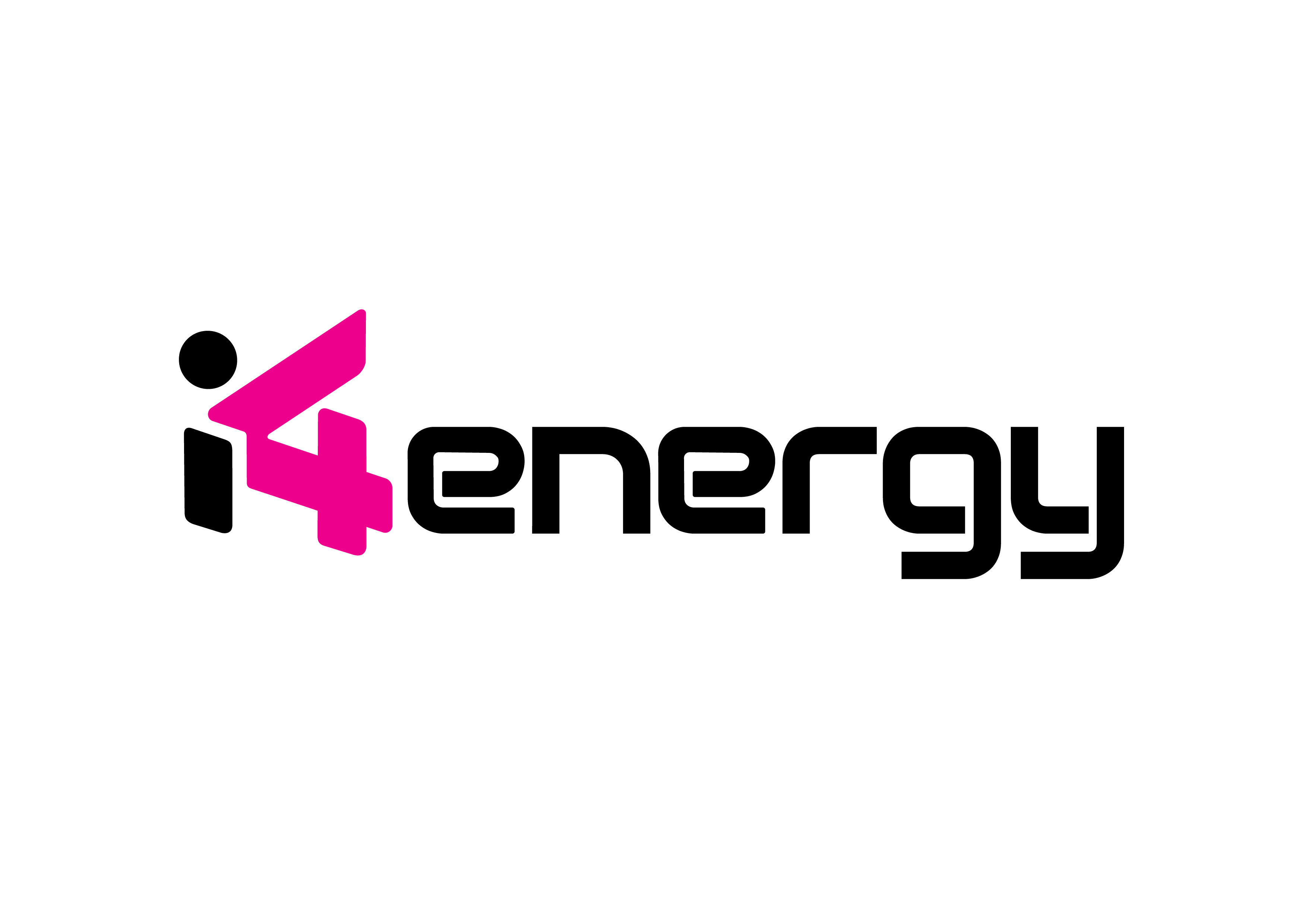

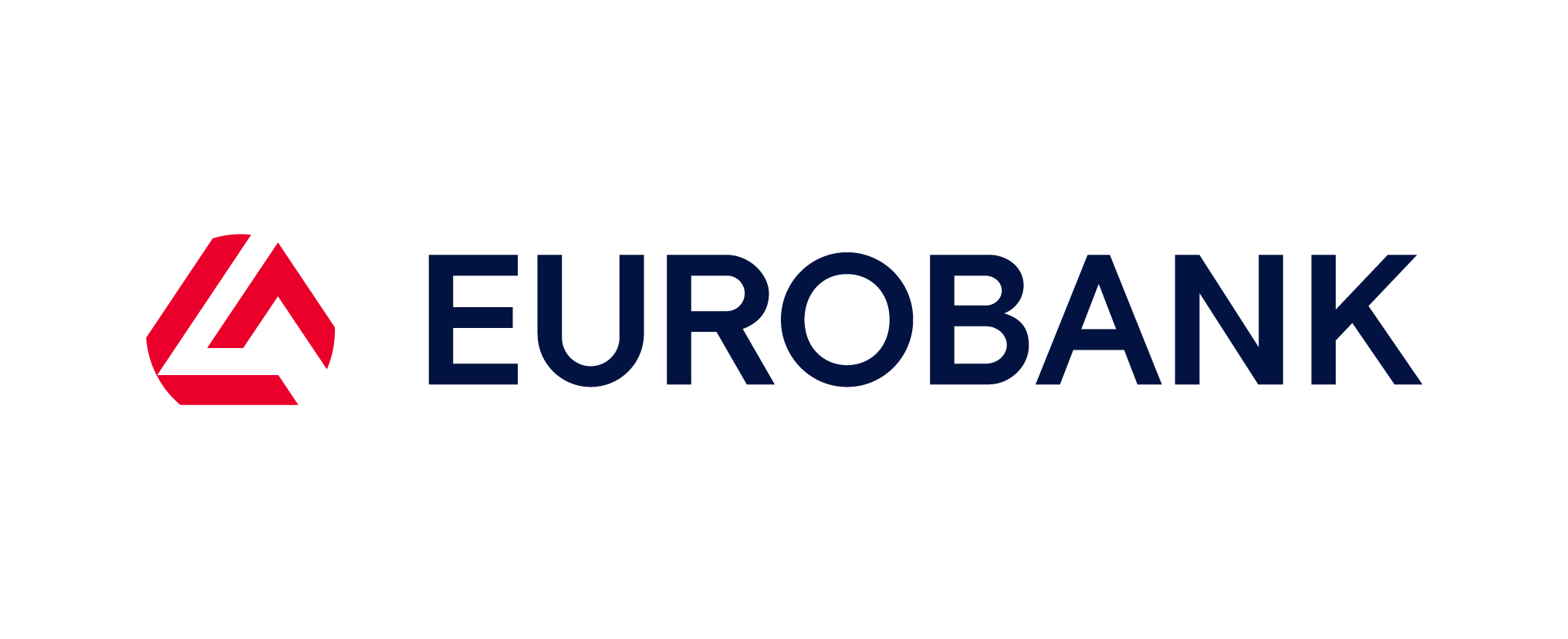

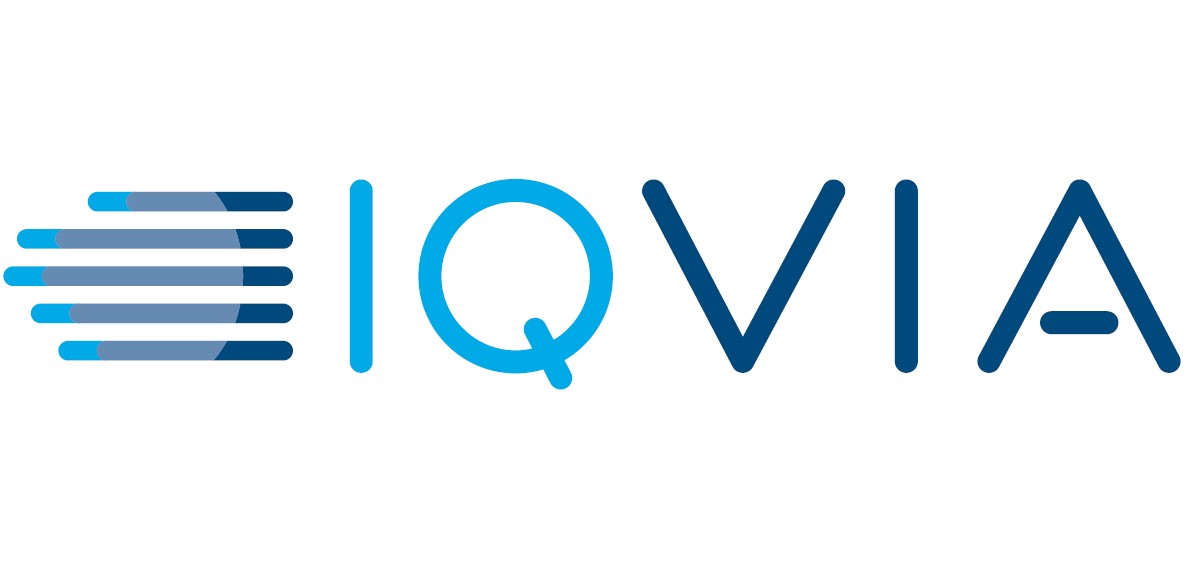



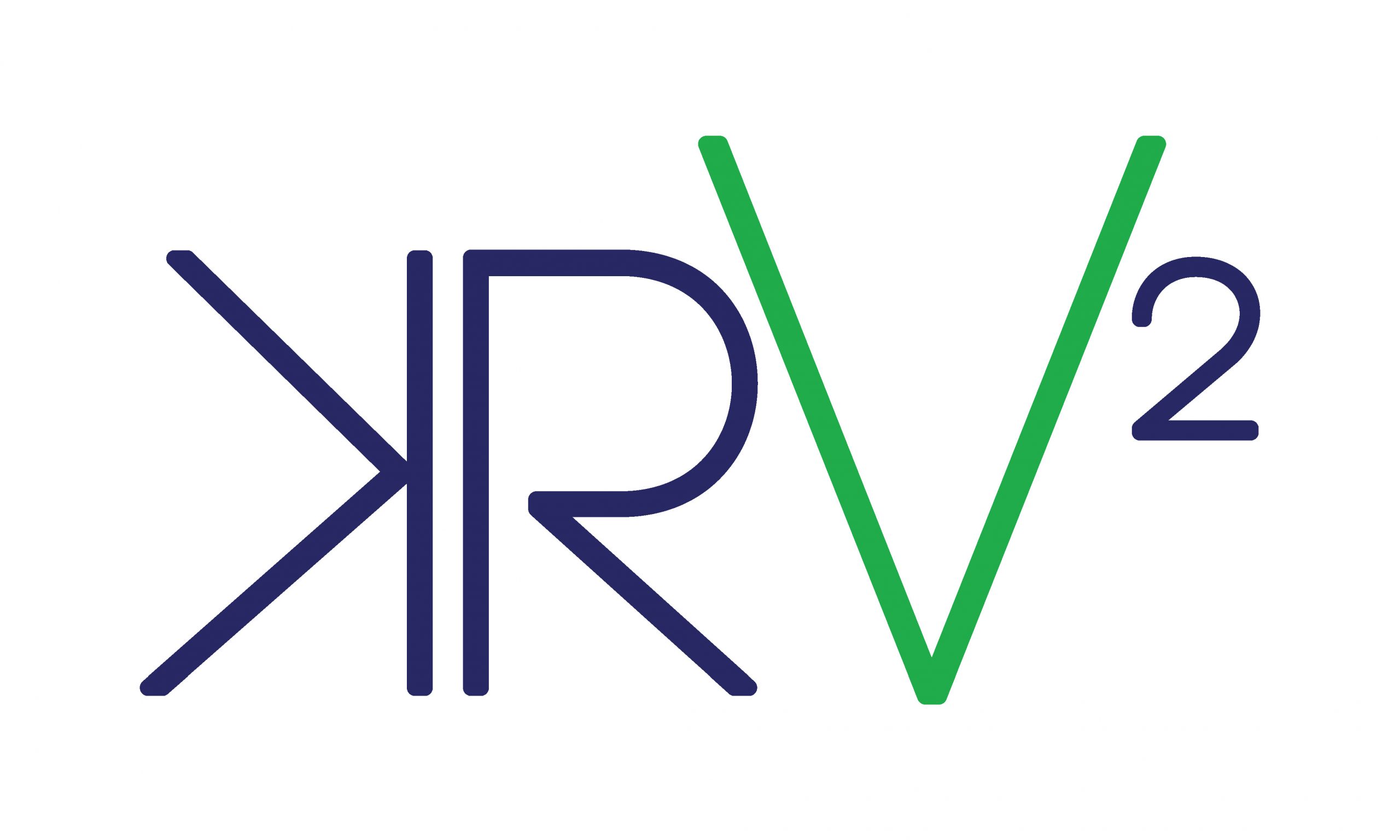
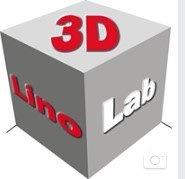
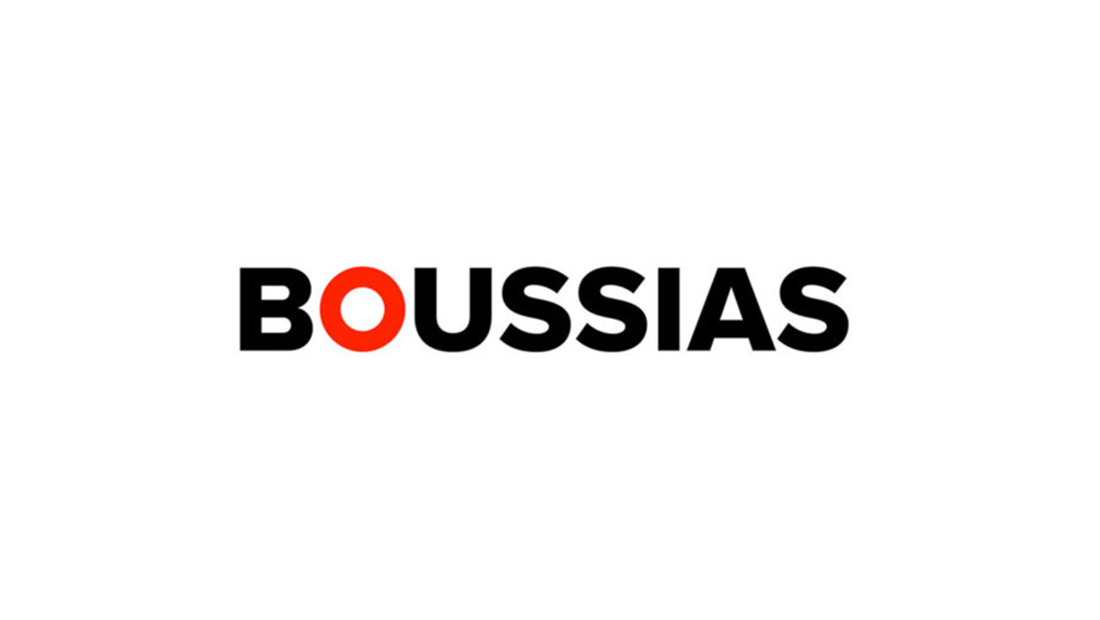
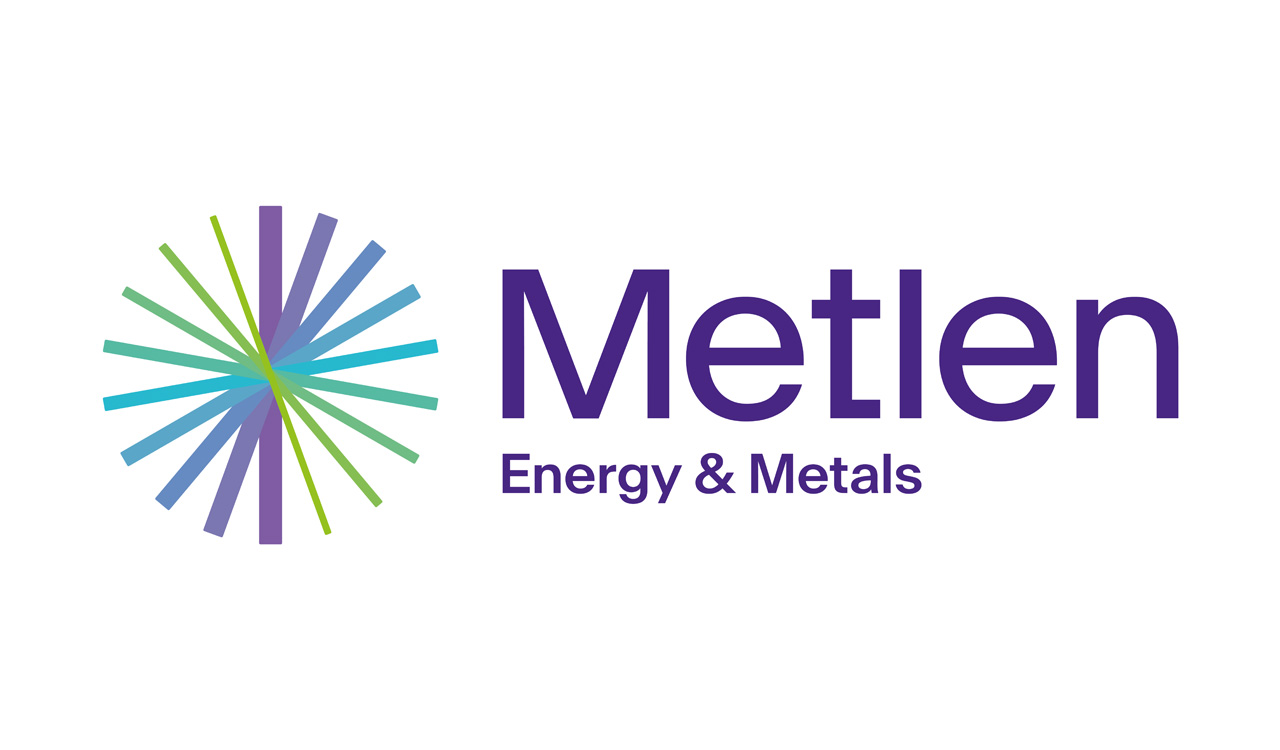



1.jpg)

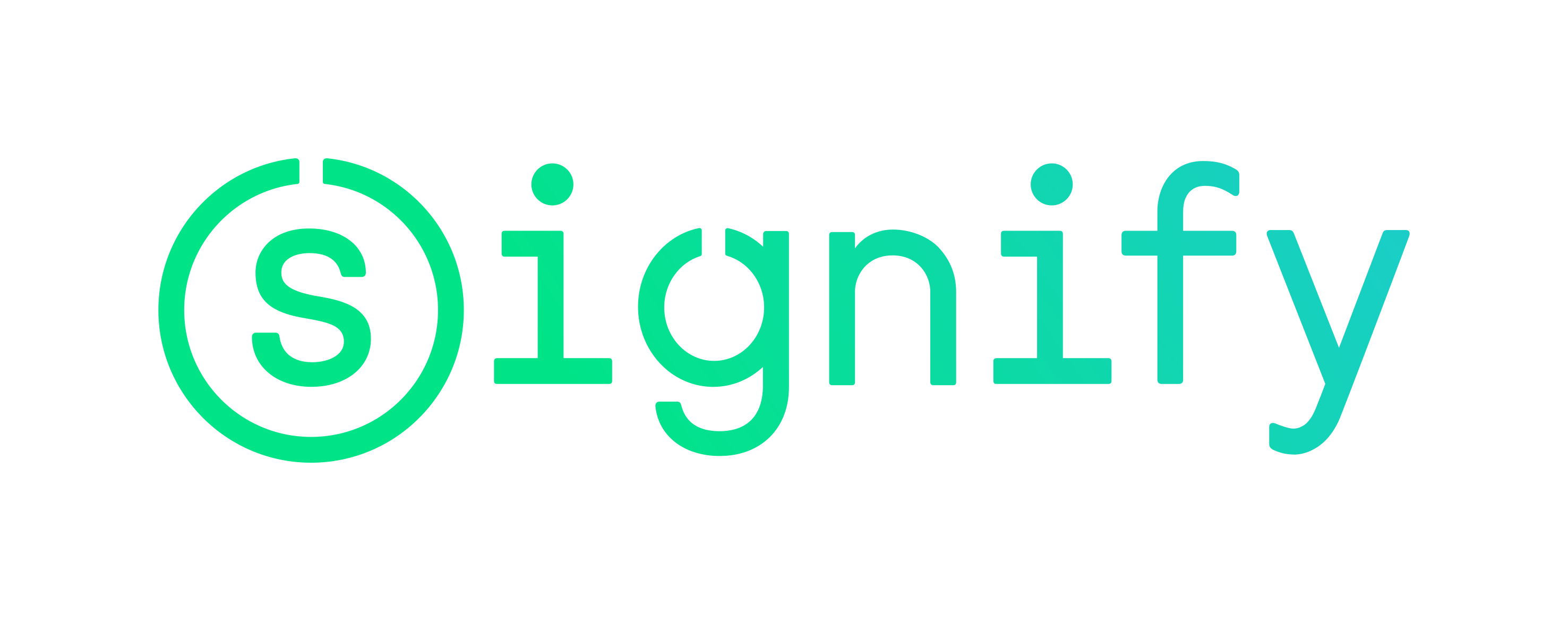



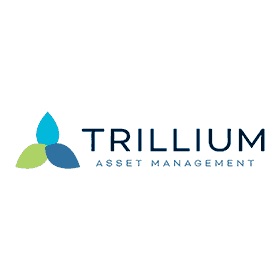
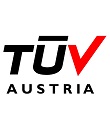
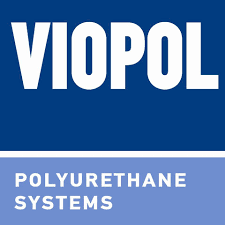

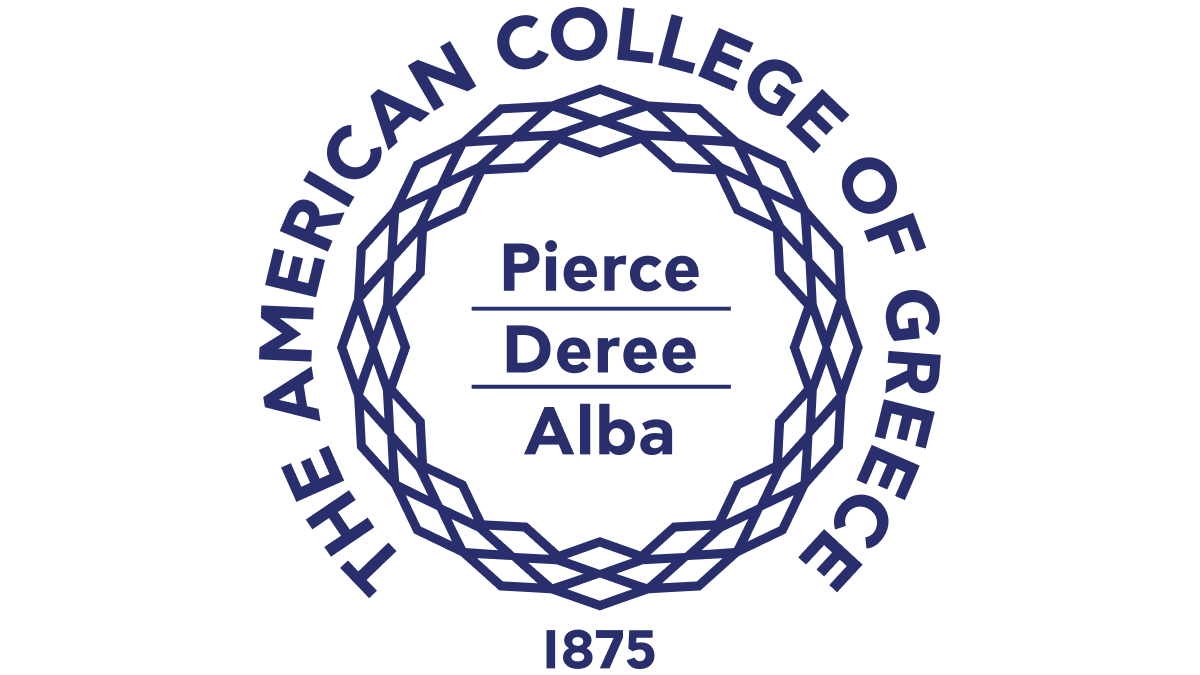




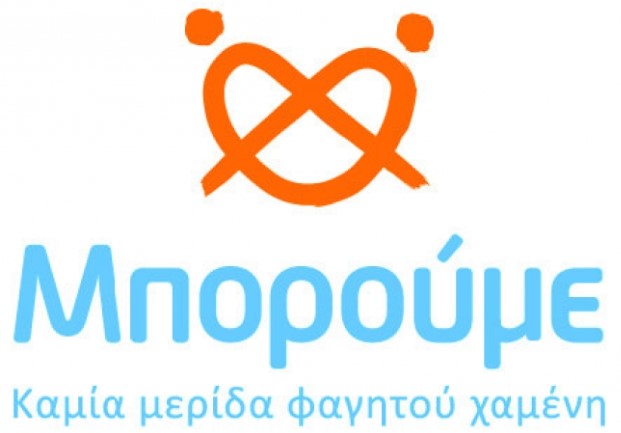
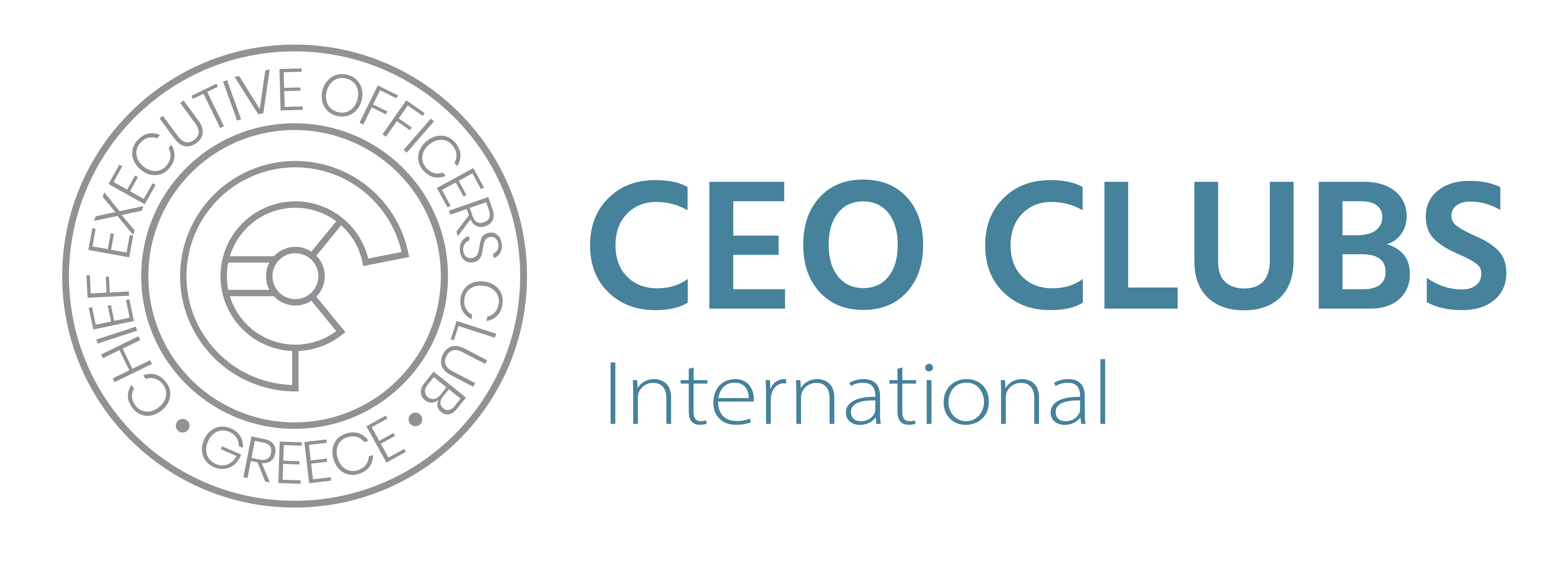



.jpg)
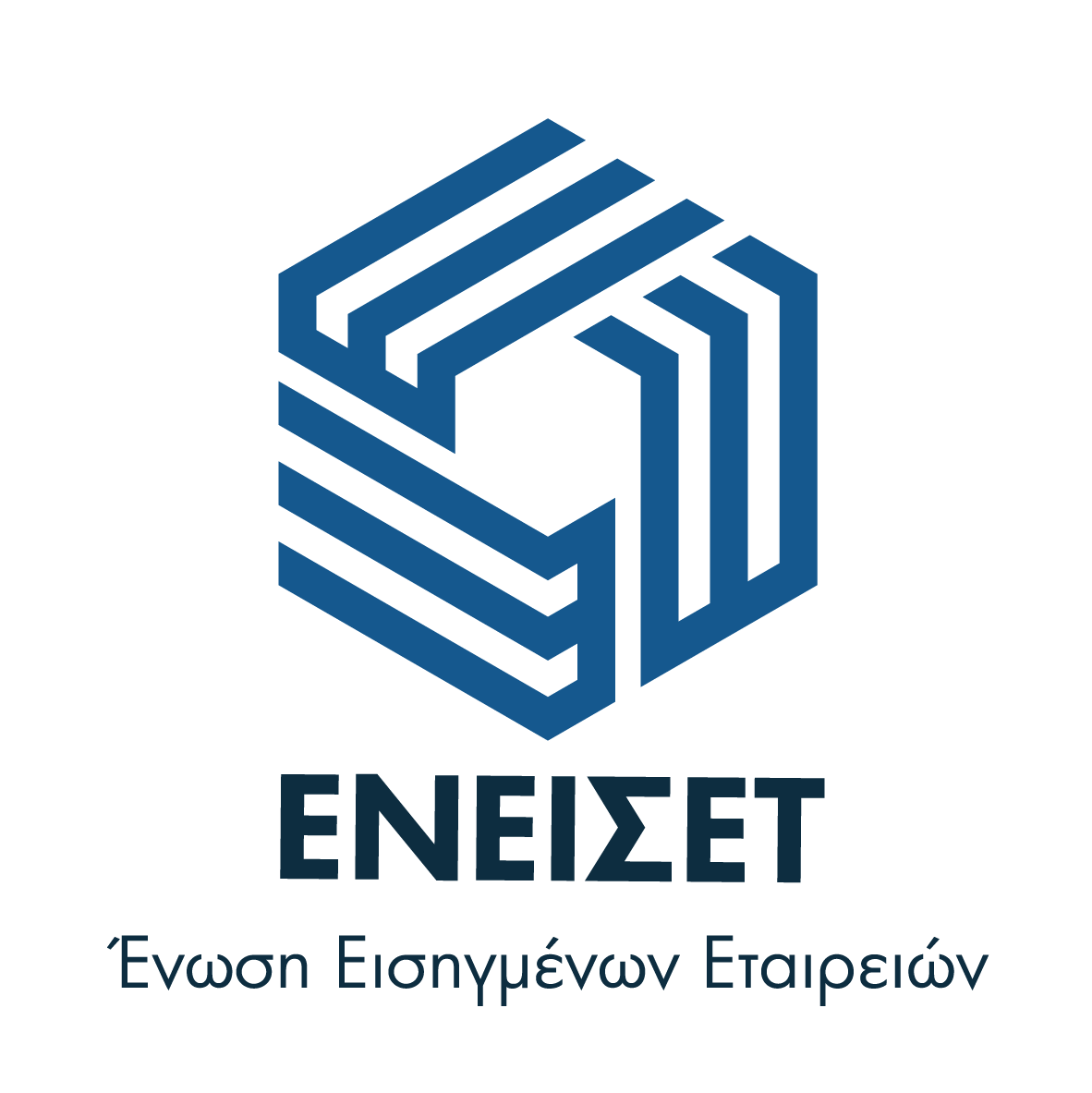



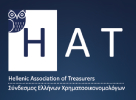
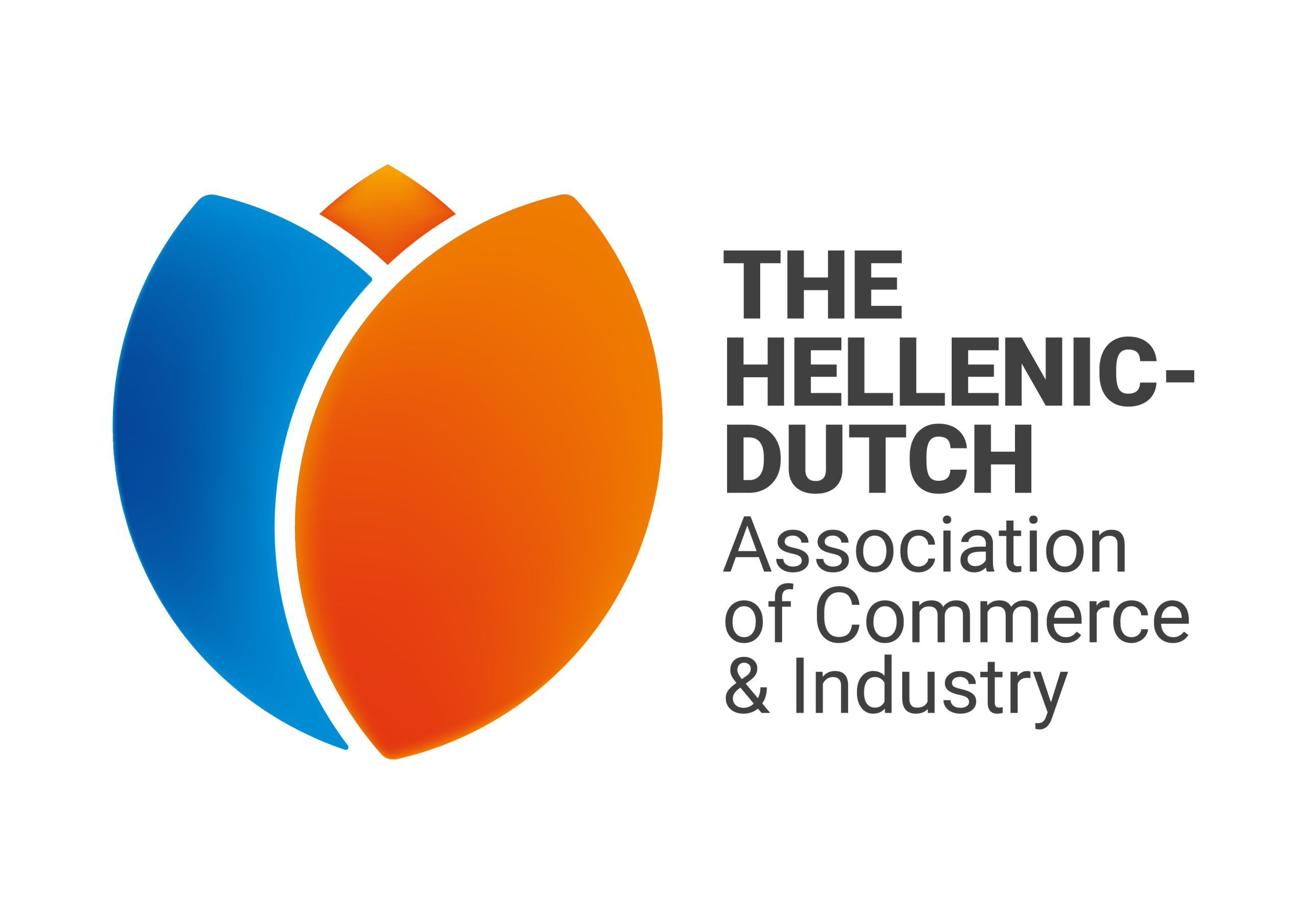
.jpg)



_.jpg)
.jpg)





